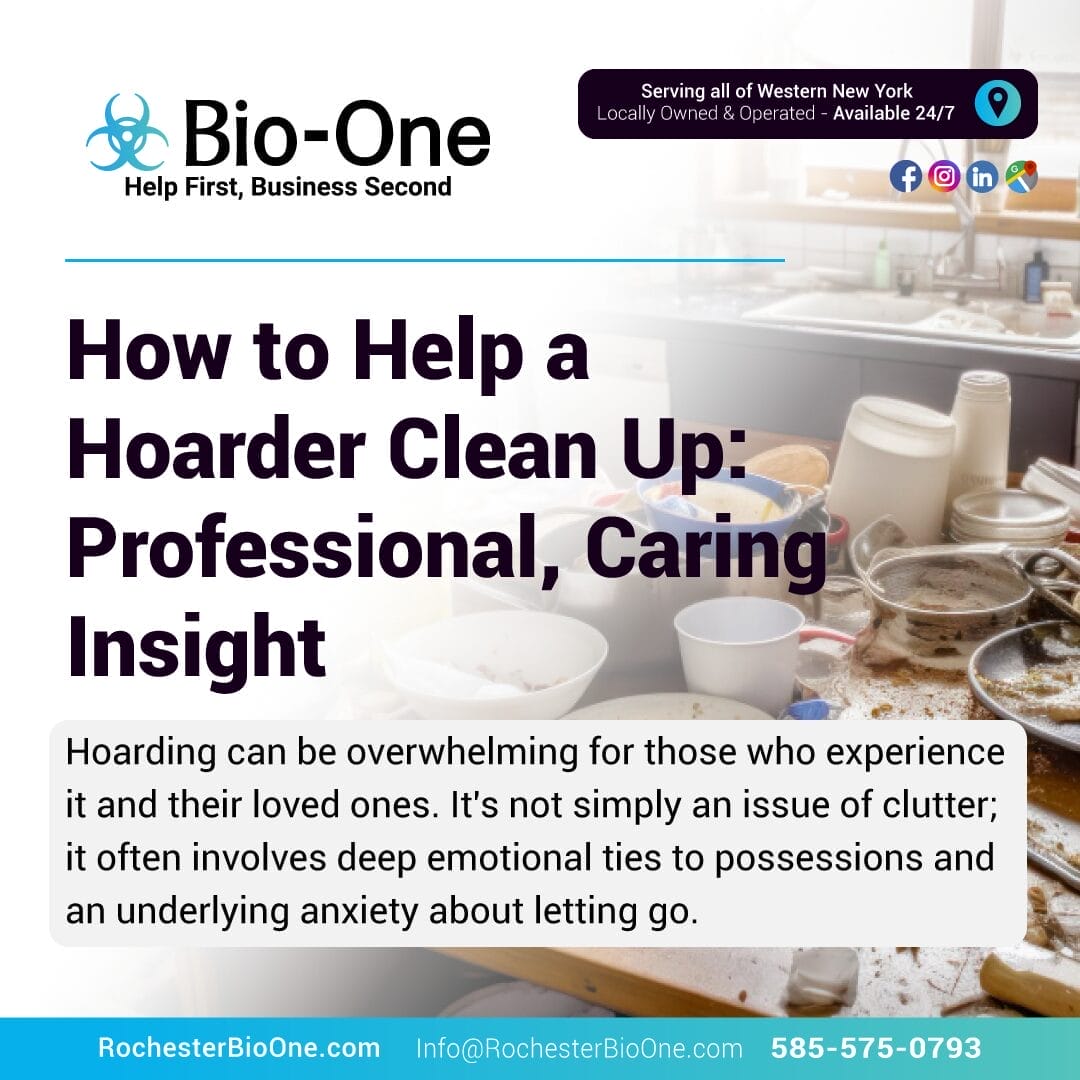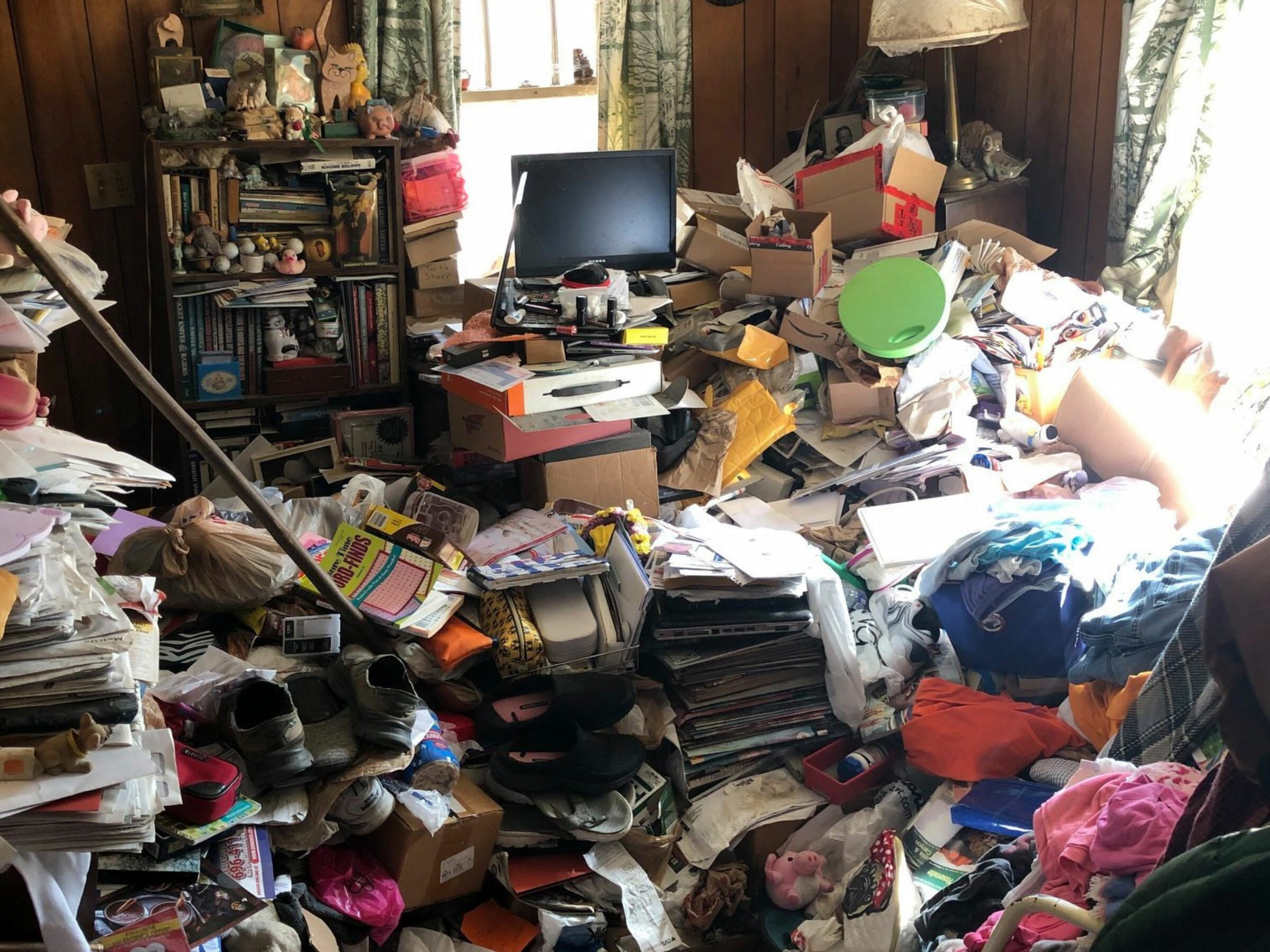
Hoarding can be overwhelming for those who experience it and their loved ones. It's not simply an issue of clutter; it often involves deep emotional ties to possessions and an underlying anxiety about letting go. Whether you are a family member, friend, or professional organizer, understanding how to approach this delicate situation with compassion and effectiveness is crucial. Here, you'll find expert advice on helping a hoarder clean up, highlighting practical strategies and empathetic support.
1. Educate Yourself on Hoarding Disorder
Before you can help effectively, it's important to understand hoarding as a mental health condition. Hoarding is characterized by persistent difficulty discarding possessions, causing cluttered living spaces and significant distress or impairment.
- Data Insight: According to the American Psychiatric Association, hoarding disorder affects an estimated 2-6% of the population.
- Practical Tip: Read books, attend workshops, or consult mental health professionals to gain a deeper understanding of the disorder.
2. Approach with Empathy and Non-Judgment
When assisting someone with hoarding tendencies, sensitivity is key. Harsh judgment or pressure to discard items can exacerbate anxiety and resistance.
- Example: Instead of saying, "You have to get rid of this junk," try, "I understand these items are important to you. Let's discuss what you want to keep."
- Practical Tip: Use "I" statements to express concern and offer support without blame.

3. Develop a Solid Plan Together
Creating a structured plan can empower a hoarder to regain control over their environment. Collaborate with them to set realistic and achievable goals.
- Strategy: Break down the process into manageable tasks, such as tackling one room at a time or sorting items into categories like "keep," "donate," and "discard."
- Practical Tip: Set a timeline that allows for gradual progress and celebrates small victories along the way.
For a complete guide on how to help a hoarder clean up, visit our Hoarding Guide.
4. Enlist Professional Help
Professional organizers and therapists specializing in hoarding can provide valuable expertise and emotional support. They can offer tailored strategies and coping mechanisms to ease the decluttering process.
- Data Insight: A study by the Journal of Clinical Psychology suggests that cognitive behavioral therapy is effective in treating hoarding disorder.
- Practical Tip: Research and recommend professionals in your area who have experience dealing with hoarding cases.
5. Create a Supportive Environment
Encourage ongoing communication and provide reassurance throughout the cleanup process. Hoarders often fear losing their emotional connections to items, so it's vital to be patient and supportive.
- Example: Regularly check in with affirmations like, "You're doing great, and we're here to help you every step of the way."
- Practical Tip: Organize group support meetings where individuals can share experiences and advice.
6. Reinforce Positive Habits and Maintenance
Once initial progress is made, help the individual establish routines that prevent future hoarding behavior. This might include regular cleaning schedules and continued support.
- Strategy: Encourage the use of organizational systems that make it easier to maintain a clutter-free environment, such as labeled storage bins or a digital inventory of possessions.
- Practical Tip: Help them develop new hobbies or interests to replace the urge to accumulate items.
By implementing these compassionate and practical strategies, you can play a crucial role in helping someone with hoarding their home and improve their quality of life.

Bio-One of Rochester is Available 24/7, 365 Days a Year!
If you don't know how to help a hoarder clean up, Bio-One of Rochester is the company to call for help. Our technicians are ready to help in life’s most difficult and unexpected situations with care, compassion, and discretion. Locally owned, we are proud to serve all of West New York, though our services expand Nationwide thanks to our +120 locations. If you’re struggling and need help, give us a call, and let us take care of everything for you.


